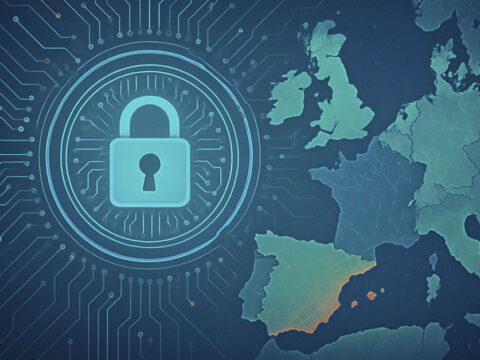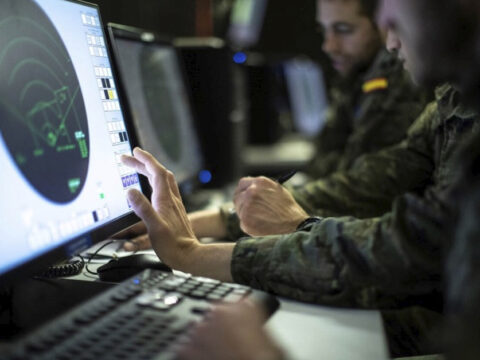Paris 2024 Olympics Face Unprecedented Cybersecurity Threats
As Paris prepares to host the 2024 Summer Olympic Games, cybersecurity experts are on high alert. The high-profile nature of the event and the influx of millions of visitors make it a prime target for cybercriminals. Organizers are implementing extensive measures to safeguard the digital infrastructure supporting the Games, but the threats are numerous and complex.
Increasing Cyber Threats
Cybercriminal Activities Surge
Cyberattacks on major sporting events like the Olympics have been escalating over the years. The 2021 Tokyo Olympics experienced a staggering 450 million cyberattacks. Experts predict that the Paris Games could face up to eight times more, driven by the high-value data and the massive online presence associated with the event (World Economic Forum) (Cyber Security News). Cybercriminals are leveraging advanced tools and techniques, including phishing campaigns, ransomware, and information stealers, to target both individuals and infrastructure.
State and Non-State Actor Threats
Both state-sponsored and independent cybercriminal groups are anticipated to launch attacks aimed at disrupting the Games. Motivations range from financial gain to political statements, with attackers using methods like Distributed Denial-of-Service (DDoS) attacks, malware deployment, and spoofing schemes. The dark web has seen increased activity, with cybercriminals preparing tools and services specifically for the Olympics (Cyber Security News).
Cybersecurity Measures
Enhanced Cyber Defenses
In response to these threats, the organizing committee of the Paris 2024 Olympics, along with partners like Cisco and ANSSI (France’s National Cybersecurity Agency), have been fortifying their cyber defenses. This includes conducting comprehensive audits, deploying rapid response teams, and training staff to recognize and respond to cyber threats (World Economic Forum). AI-powered technologies are being utilized to detect and mitigate threats in real-time, helping differentiate between minor nuisances and major security breaches.
Collaboration and Training
Collaboration with ethical hackers to test and secure the systems is another critical component of the cybersecurity strategy. The use of advanced AI systems by both attackers and defenders highlights the ongoing technological arms race in cybersecurity. By conducting continuous monitoring and using predictive analytics, the cybersecurity teams aim to stay ahead of potential threats and ensure the safety of the Games (Cyber Security News).
Conclusion
The cybersecurity challenges facing the Paris 2024 Olympics are unprecedented, but extensive preparations and cutting-edge technologies offer a robust defense. As cybercriminals become more sophisticated, the importance of a proactive and adaptive cybersecurity strategy cannot be overstated.
Sources:












